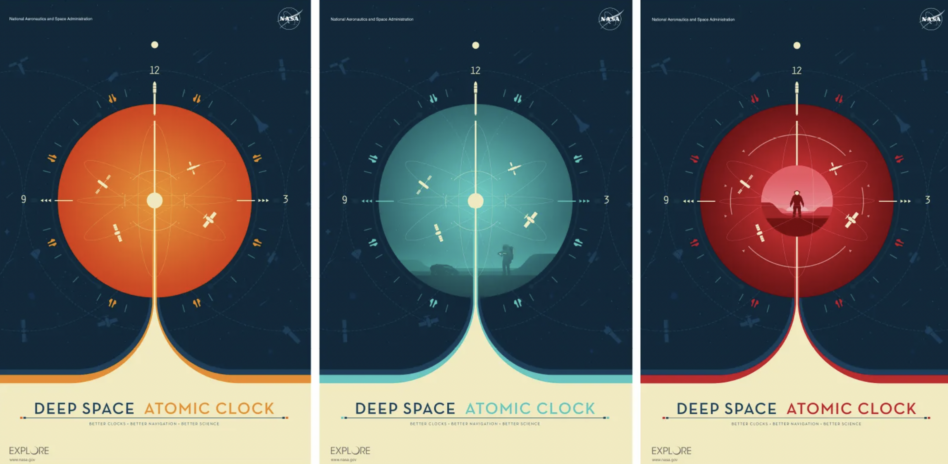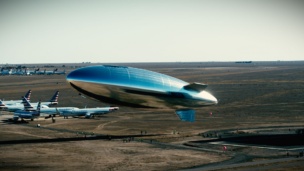Move over, Rolex. Atomic clocks are an even bigger flex.
Future Market Insights, a research firm, estimates the global atomic clock market will top $532M in sales this year and will nearly double to $1B in a decade, according to a report released Tuesday.
Space-based activity is a key growth driver for the industry.
Clocking in: The growing number of comms satellites, increasing reliance on GPS, and expanding space exploration missions underpin demand for precise timekeeping from atomic clocks, according to Future Market Insights.
- For missions to the Moon, Mars, or distant asteroids, autonomous navigation is necessary. Since navigation depends on knowing a craft’s location, accurate timekeeping is crucial.
- Society’s increasing dependence on satellite mesh networks further propels the growing demand for accurate timekeeping.
The report also highlights how advancements in atomic clock tech, including device miniaturization, are leading to lighter and more affordable options for customers.
In with the A-clock: Traditional timekeeping often relies on quartz crystal oscillators, which become less accurate over time. In a span of six weeks, these timekeepers can be a millisecond off. While this may be a welcomed error rate for an alarm clock at home, milliseconds in space equate to a distance error of hundreds of miles.
An atomic clock uses a combination of the quartz mechanism and atomic movements. The clock keeps time by exciting electrons and measuring vibrations, standardizing measurements at a physics level and achieving accuracy to the billionth of a second. If the clock sings out of tune, a correction signal can be sent out.
+ Next-gen timing: The future is about to get even more punctual. In 2019, NASA launched its next-gen Deep Space Atomic Clock. The clock relies on mercury ions to achieve ~50 times more stability than GPS satellite clocks.





